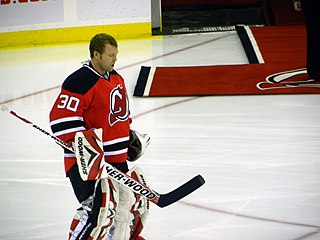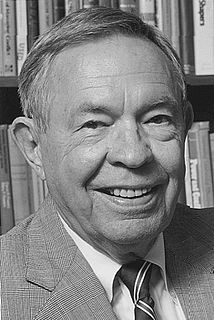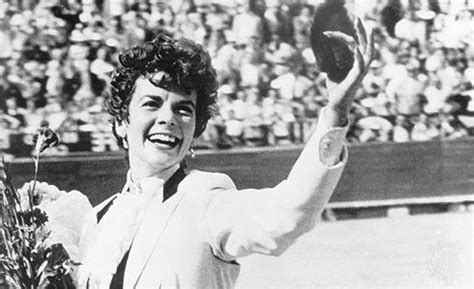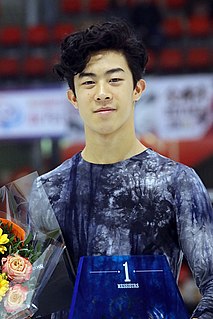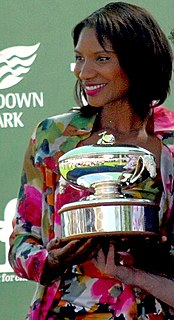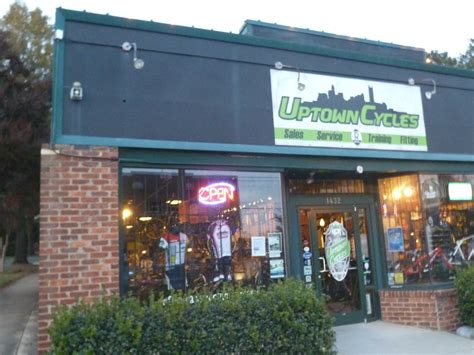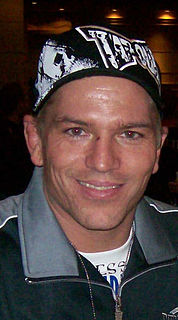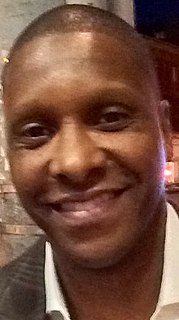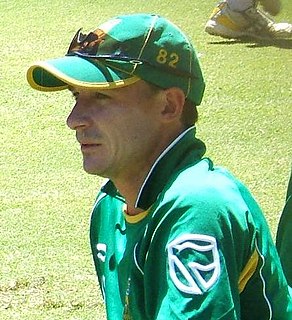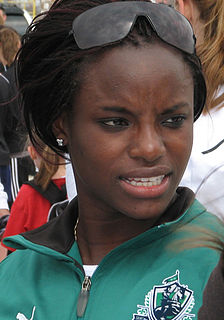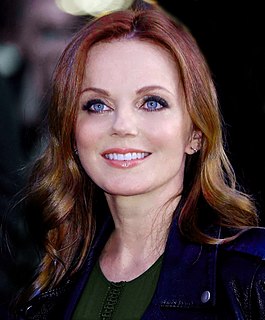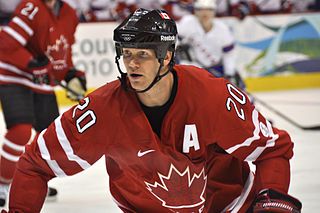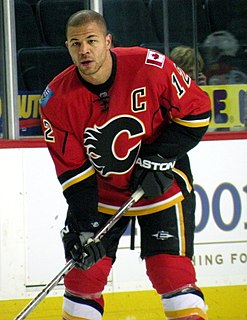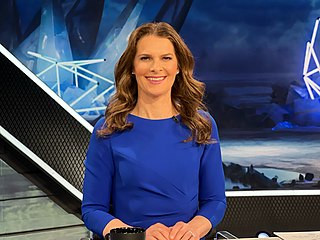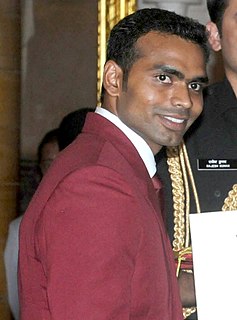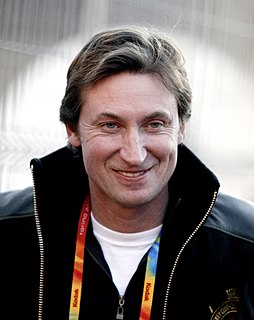A Quote by Martin Brodeur
It's amazing what the power of sport does for children and communities.
Related Quotes
An adolescent does not rebel against her parents. She rebels against their power. If parents would rely less on power and more on nonpower methods to influence their children from infancy on, there would be little for children to rebel against when they become adolescents. The use of power to change the behavior of children, then, has this severe limitation: parents inevitably run out of power, and sooner than they think.
Bullfighting has some of the elements of a sport or contest, and in the United States most people think of it as a sport, an unfair sport. If you're in Spain or Mexico it's absolutely not a sport; it's not thought of as a sport and it's not written about as a sport. It has elements of public spectacle, but then so does, for example, the Super Bowl. It has elements of a deeply entrenched, deeply conservative tradition, a tradition that resists change, as you pointed out.
I am interested in the political economy of institutional power relationships in transition. The question is one of "reconstructive" communities as a cultural, as well as a political, fact: how geographic communities are structured to move in the direction of the next vision, along with the question of how a larger system - given the power and cultural relationships - can move toward managing the connections between the developing communities. There are many, many hard questions here - including, obviously, ones related to ecological sustainability and climate change.
